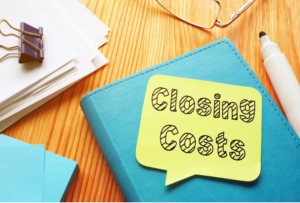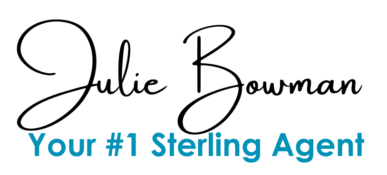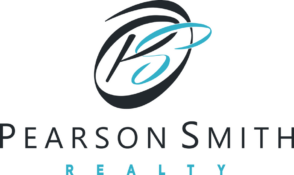Here are the top 5 Closing Costs Associated with Buying A Home
Earnest Money Deposit (EMD)
Think of this as your good faith money. It shows the seller that you are seriously interested in their home.
The amount of the deposit is typically 1% of the sales price. So, a $400,000 house means that you would write a check for $4,000 as soon as the contract is signed by all parties (ratified). This money is then put into an escrow account held by the Title Company and will then be applied to your closing costs. More info on this here: Earnest Money Deposit
Down Payment

There are many different loan programs out there, and based on your income and credit score, the amount of your down payment can vary. But the good news is, you don’t have to have 20% of the sales price anymore. The best thing to do is to talk with a lender, preferably one that has been recommended to you by your real estate. The lender will evaluate your financial standing and recommend a loan that is best for you and your goals.
Home Inspection & Radon Test
Whenever possible, doing a home inspection and radon test is highly recommended. A home inspector will look at all of the major systems like the HVAC, plumbing, electrical systems, appliances and check to see if there are any active leaks in the attic. The cost of a home inspection is dependent on the size of the home and can range anywhere from $450-$600 and you will need to pay that at the time of the inspection. A radon test is also a good idea and it costs around $125-$150. For more information about radon, click here: Radon
Moving Expenses
You should definitely get a few quotes from reputable movers (ask your agent for recommendations – there are a lot of scams out there). Paying movers can definitely be expensive, but it is well worth it when they take great care of your belongings and save you the hassle. And don’t forget , there may be fees involved in setting up your utility accounts or for using a building’s elevator on moving day.
Closing Costs
On settlement day, you will have to bring a cashier’s check or wire the funds to cover the remaining closing costs associated with buying the home. Such as, the lender fees for underwriting your loan, state and county taxes, HOA transfer fees and fees from the title company for processing the sale and recording the deed. In general, these costs are approximately 3% of the sale price. Closing costs are typically higher for a buyer than a seller because the buyer is paying lender fees. However, the seller does have closing costs as well, such as taxes, HOA packet fees and other costs due to the title company.
By law, your lender will send you a Closing Disclosure three days prior to your settlement date so that you can review all of the costs associated with closing. But along the way, you should have seen approximate figures of your closing costs so there really should be no big surprises when you get to the closing table.


